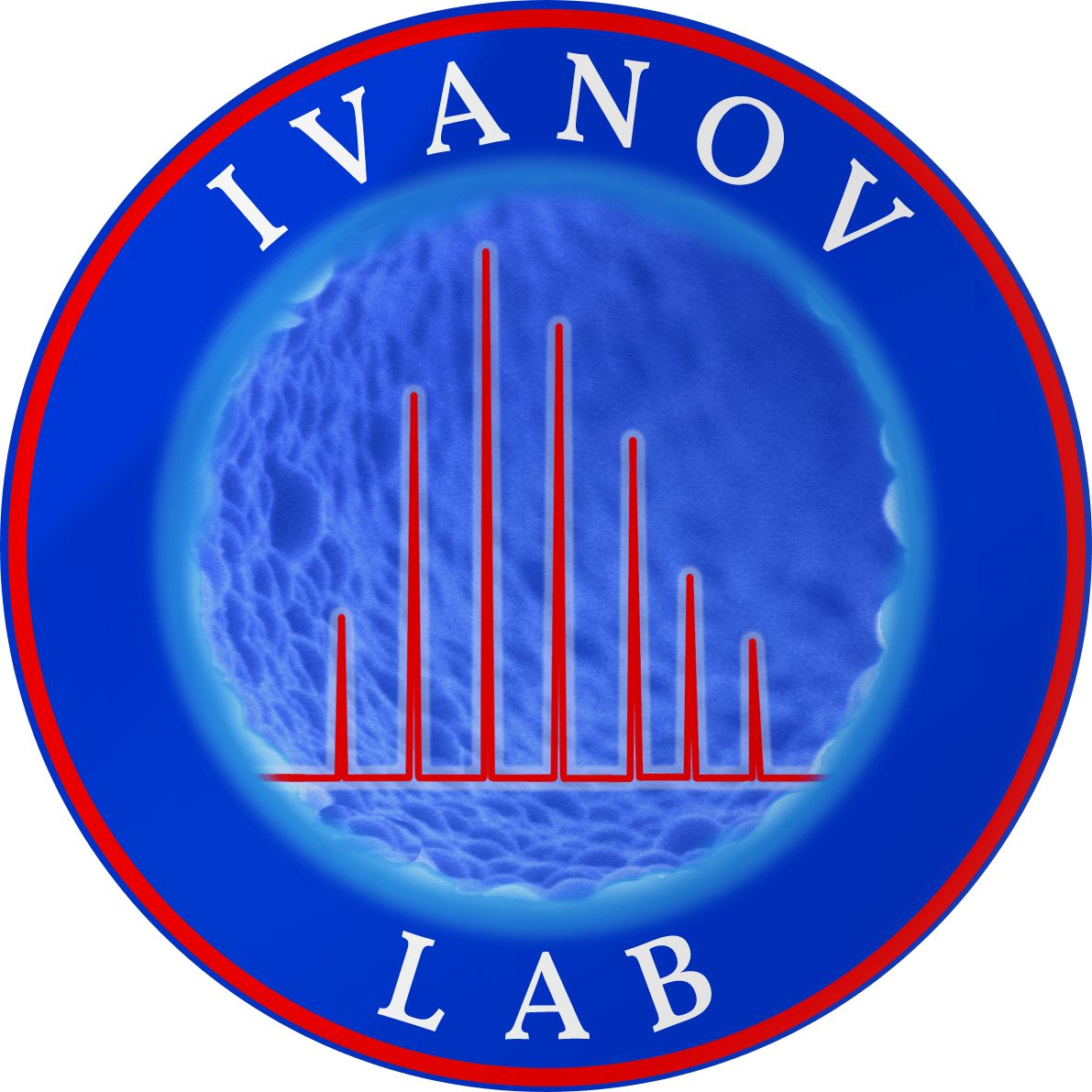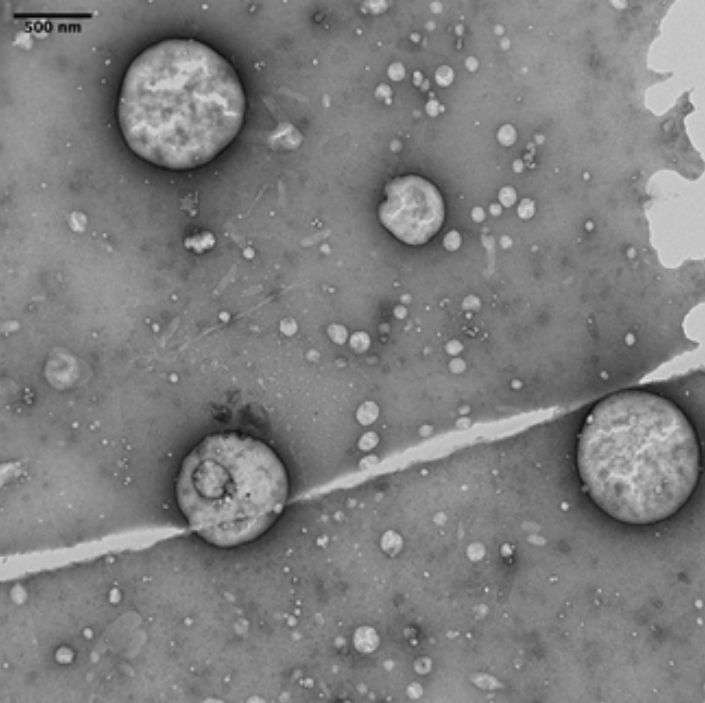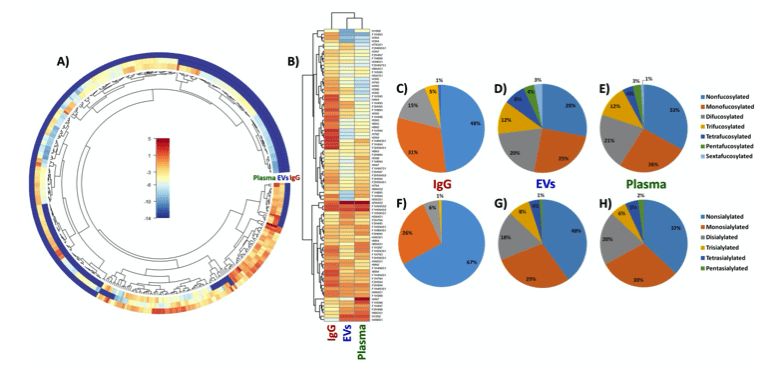Extracellular vesicles as new tools for diagnosis and therapy development
Extracellular vesicles (EVs) are phospholipid bilayer membrane-enclosed structures containing RNAs, proteins, lipids, metabolites, and other molecules, secreted by various cells into physiological fluids. EV-mediated transfer of biomolecules is a critical component of a variety of physiological and pathological processes. Potential applications of EVs in novel diagnostic and therapeutic strategies have brought increasing attention. Learning the biology of EVs could help researchers better understand pathological conditions like cancer and cardiovascular diseases.
However, EV research is still highly challenging due to the inherently complex biogenesis of EVs and their vast heterogeneity in size, composition, and origin. There is a need for the establishment of standardized methods that address EV heterogeneity and sources of pre-analytical and analytical variability in EV studies. The Ivanov Lab is developing reproducible and straightforward techniques for reliable and reproducible isolation and molecular characterization of both total EVs and specific EV subpopulations that can be used in biochemical laboratories and in a clinical setting.
A. TEM of isolated EVs
B. N-glycan profiling of EV isolates
C. A happy EV specimen
CONTACT US
Office Location
140 The Fenway, Room 416TF (Mailstop 412TF)
Northeastern University,
Barnett Institute of Chemical and Biological Analysis,
360 Huntington Avenue, 412TF
Boston, MA, 02115, USA
LABORATORY EMAIL




